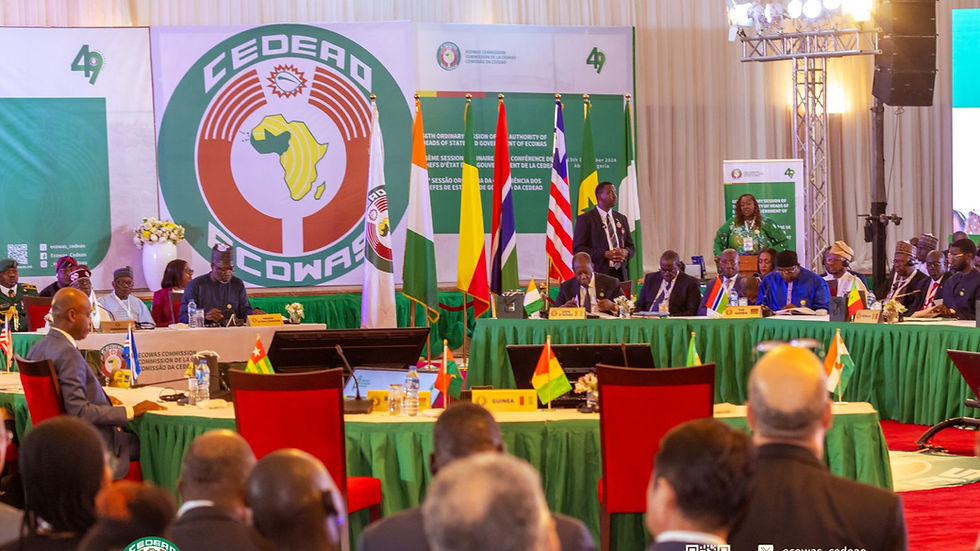Parliamentarians Commit to Reform Drug Laws in Guinea
- WADPN

- Jul 11, 2018
- 2 min read

The West Africa Drug Policy Network (WADPN) Guinea Chapter in collaboration with the West Africa Civil Society Institute (WACSI) and supported by the Open Society Initiative for West Africa (OSIWA)organised a two-day Parliamentary dialogue in Guinea Conakry, aimed at engaging the Guinean lawmakers on the need for reforms in their drug law.
Twenty-nine Guinean representatives from the Parliamentary Select Committee on Health, Security and Defence, Health Professionals, the Ministry of Health and the Narcotic Control Board in Guinea Conakry participated in the two-day consultative meeting.
The meeting focused on various approaches to effectively respond to the drug challenges in Guinea. It also sought to assess, review and give recommendations on reforming the existing Guinea Conakry drug law highlighting the need for a more humane and human right based approach.
Dr Idrissa Ba, a Senegalese Health Practitioner and Commissioner of the West Africa Commission on Drugs which was set up by the Former United Nations Secretary General- Kofi Annan, to tackle the debilitating drug war, presented the participants with practical measures put in place by CEPIAD in the Senegal o human rights based approach and harm reduction techniques. He encouraged members of the Parliamentary Select Committee on Health, Security and Defense to include a public health approach to consider the health and rights of the problematic drug users.
“It is obvious that we have failed in our attempt to tackle the drug war in West Africa. We have only succeeded in enforcing punitive measures that infringe upon the rights of drug users. It is imperative that we consider a public health approach that includes rehabilitation centres for these problematic drug users. In anticipation of reforming your existing drug law, I hope that you look at Ghana and Senegal’s progress to inform yours,” Dr Idrissa Ba appealed.
Dr Idrissa Ba
The Guinean Members of Parliament who had never encountered some of the narcotic drugs being spoken about, were fortunate to have been given a live exposé by the Head of the Guinean National Drug Law Enforcement Agency, Lieutenant Colonel Farima Camara. The law makers were not aware of the existence of the different forms of the various drugs and how it continues to affect the lives of problematic drug users.
At the end of the two-day dialogue, the participants proposed recommendations on tackling the problematic use of drugs from a public health perspective and not only as a national security and safety issues, exploring the possibilities of research especially getting data that would represent the drug situation in Guinea as had been done in Ghana and Senegal. These recommendations if adopted, would enhance the policy reform in Guinea.
This parliamentary engagement forms part of a regional project to amplify drug policy reform processes in West Africa through awareness creation and strategic engagement with the legislators in the various countries.




Comments